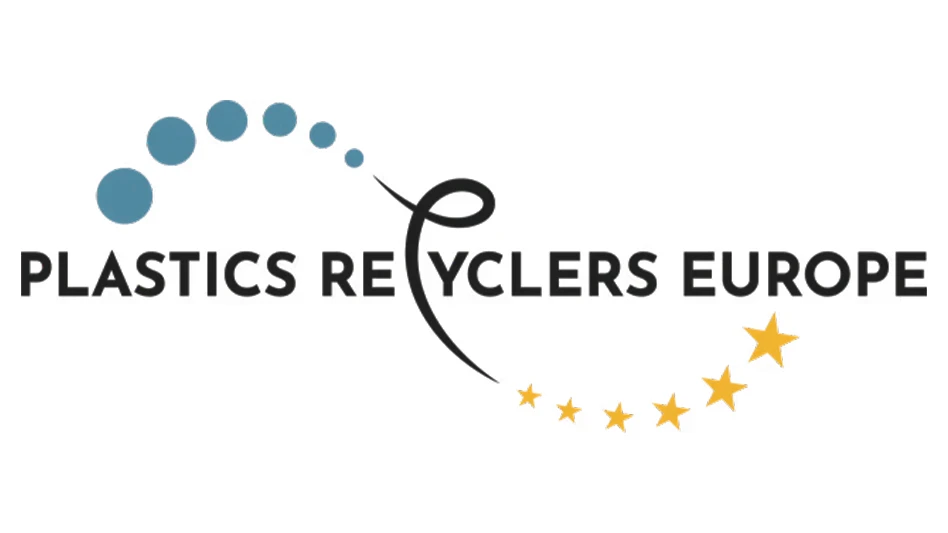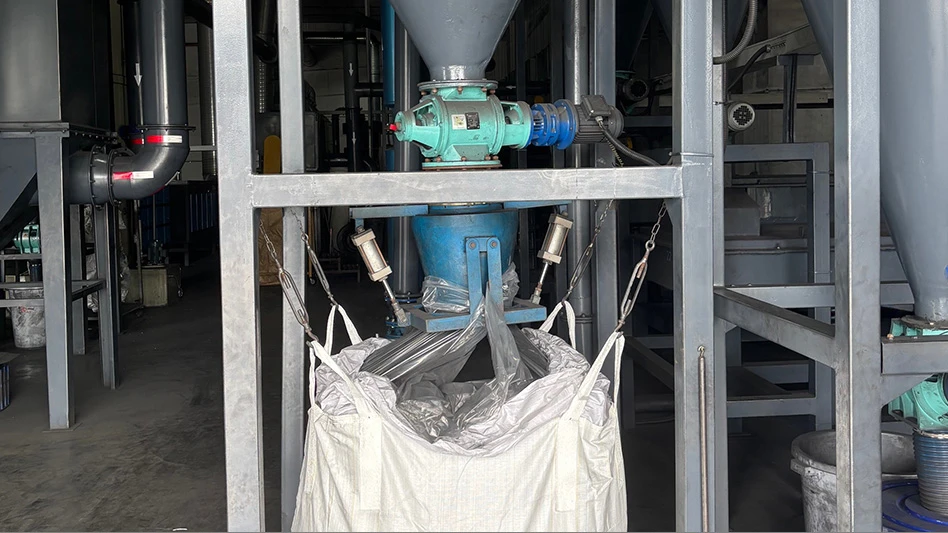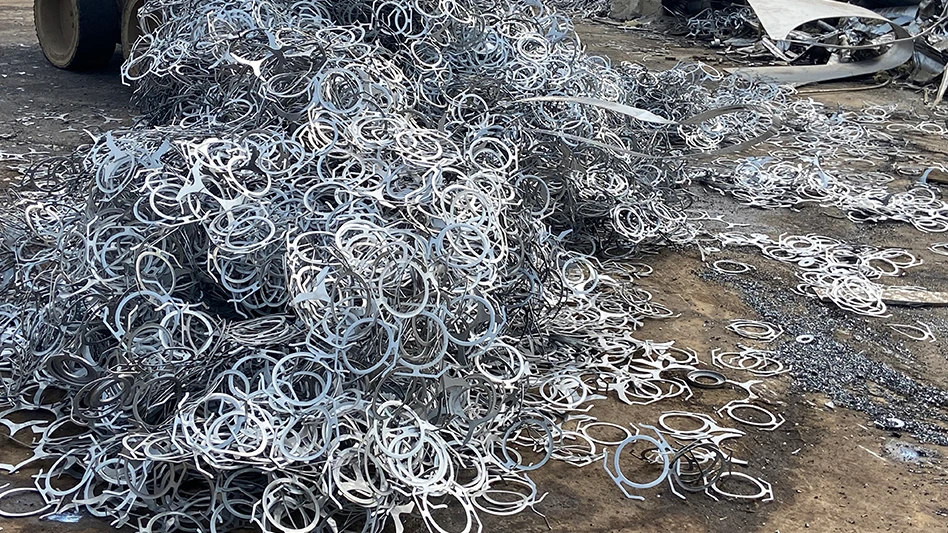
Image courtesy of Prism Worldwide.
Prism Worldwide, a tire recycler based in Kirkland, Washington, has announced several advancements in odor reduction, sustainable thermoplastic vulcanizates (TPV) development and high-content ethylene propylene diene monomer (EPDM) reuse—three challenges the company says have been considered barriers to wider adoption of recycled materials in consumer and industrial products.
Prism says its materials are all developed domestically using non-capital-intensive processes that deliver lower costs compared to virgin materials, enabling customers to achieve sustainability goals without increased cost.
RELATED: Partnership to introduce thermoplastic elastomers to extruded rubber industry
“This is a turning point for end-of-life tire recycling and sustainable polymer development,” Prism CEO Bob Abramowitz says. “These are not incremental improvements. We’ve tackled odor, cost and performance, three of the biggest barriers to more widespread adoption of recycled materials and overcome them all with commercially viable solutions.
“Our team’s diligence in developing solutions that solve these challenges allows us to deliver cost-effective, high-performance materials without requiring customers to pay a green premium. Companies pay lip service to sustainability values, but they change their tune when it costs more. We are creating additional profit opportunities while helping them to meet corporate sustainability objectives.”
Prism says customers can use its materials without changing the manufacturing process, adding that these step changes introduce new ways to use up to 50 percent of recycled end-of-life tire materials in injection or rotational molding and extruding. The company says this opens new processes that formerly were limited to compression molding and enables companies to offer products such as gym mats and automotive interiors that are made using recycled materials but no longer produce unpleasant odors.
Additionally, Prism says its odor reduction process has been validated in an independent laboratory to automotive-grade odor panel testing and VOC requirements, and its materials meet the requirements for automotive interiors, consumer products, building materials and other odor-sensitive applications. Prism’s patent-pending TPV formulation will allow manufacturers to offer sustainable solutions for valuable polymers. The company’s patent-pending devulcanization process makes it possible to reuse EPDM at high content levels while delivering on key physical performance properties.
“With these breakthroughs, Prism is setting a new standard for what recycled materials can achieve,” the company says. “By solving problems that have limited adoption for decades, the company is making sustainability practical, profitable and scalable.”
Latest from Recycling Today
- Recycling Today Media Group, NWRA launch new Safety First webinar series
- Mueller retains profitability amid copper volatility
- Partnership will explore Great Lakes-river system connections
- Viably adds Maverick Equipment as dealer
- TDS partnership launches compostable tray pilot program at Texas elementary school
- Shapiro Metals appoints chief financial officer
- Orbis acquires thermoformer Robinson Industries
- PSRA, R3vira partner to expand EPS recycling in Mexico





